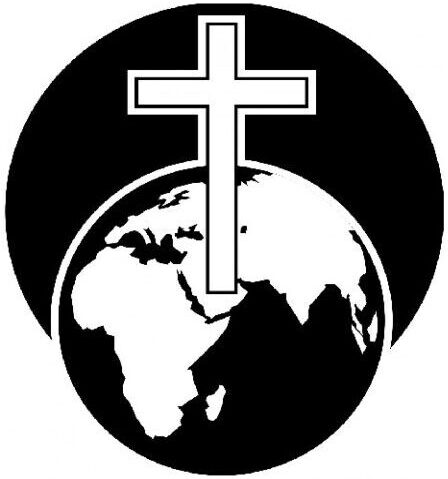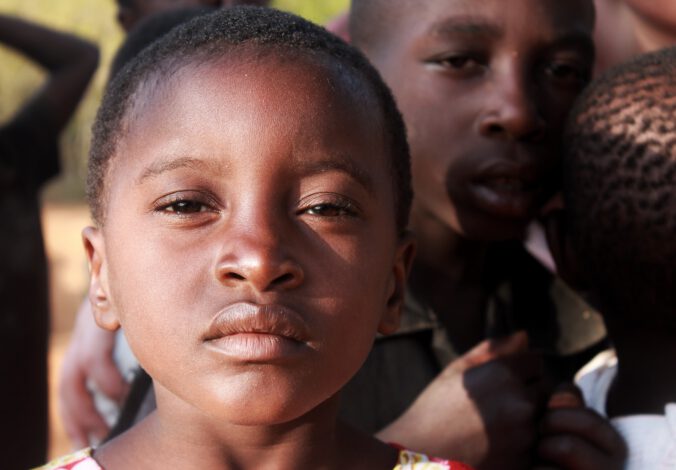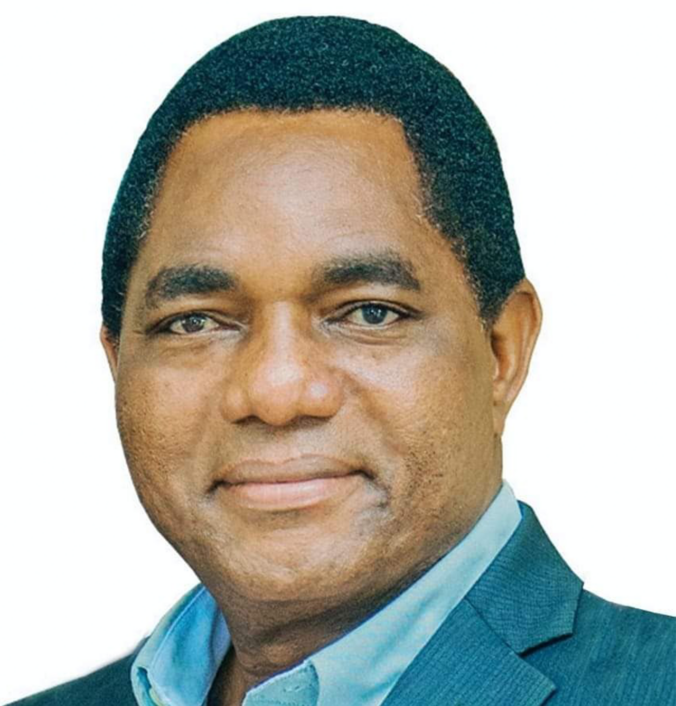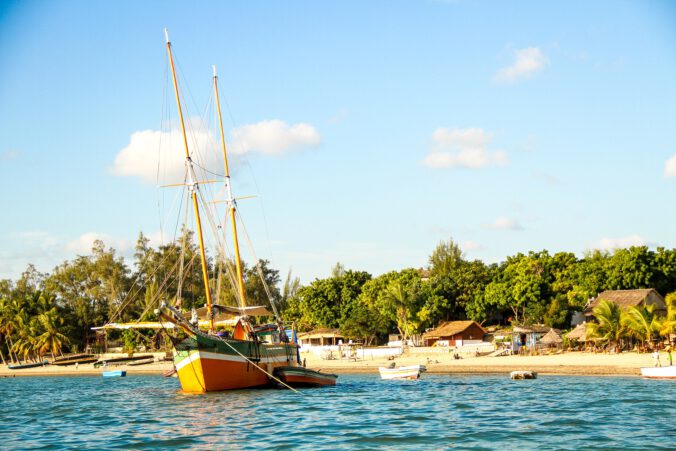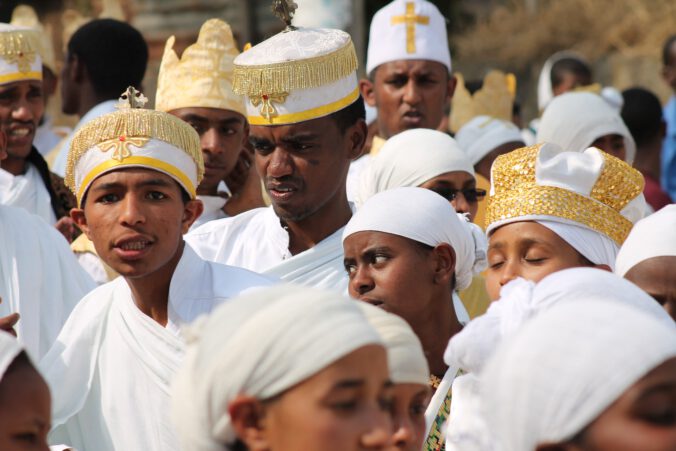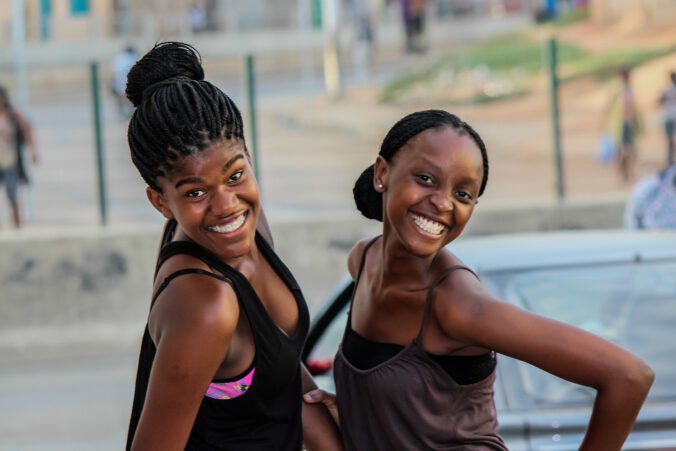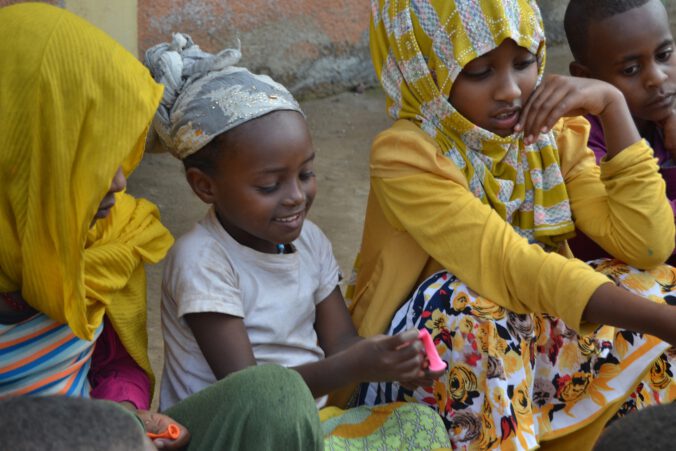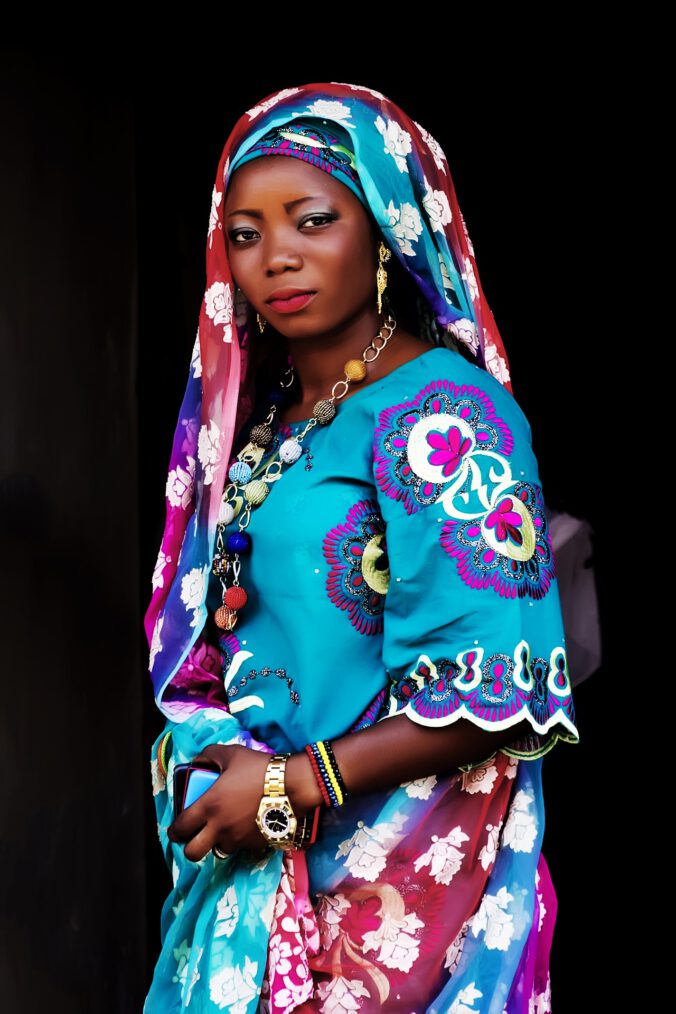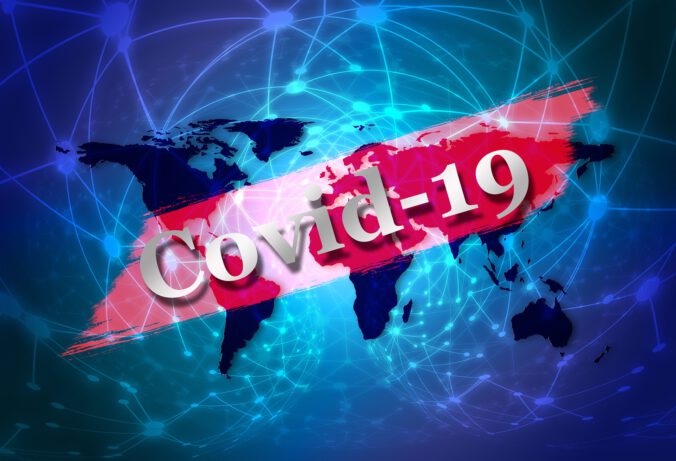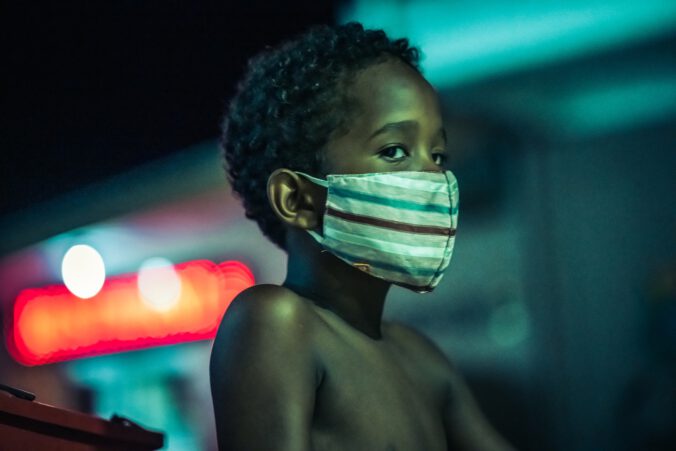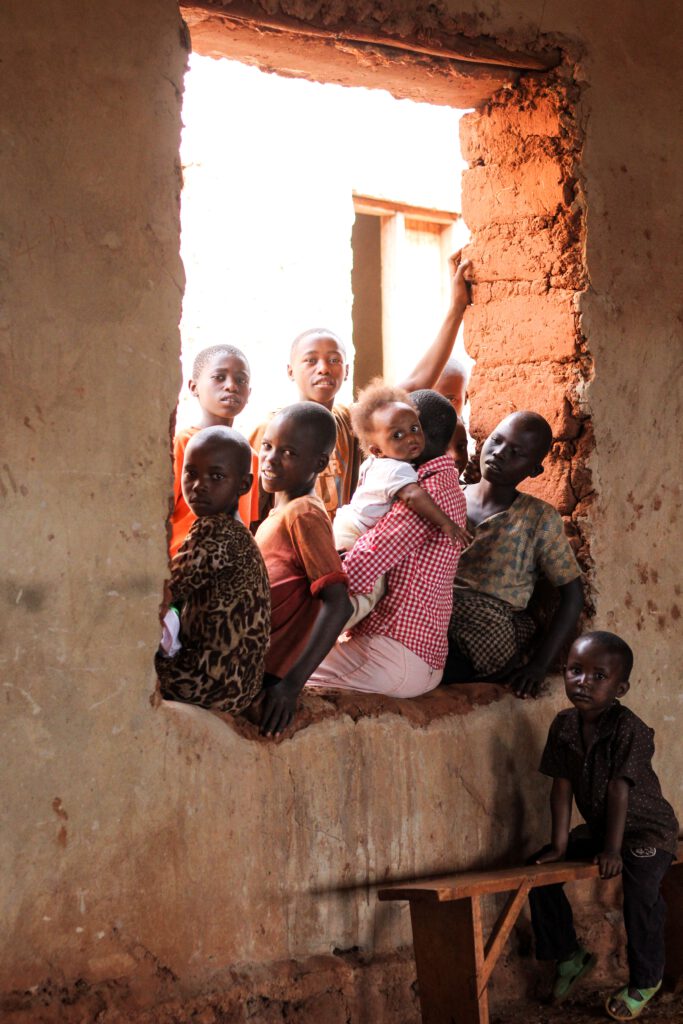The United Nations on Tuesday celebrated the enormous contributions the African diaspora has made in every field of human endeavour, marking the first-ever International Day for People of African Descent.
UN Secretary-General António Guterres called for a greater commitment to advance the promise of equality, justice and dignity for all, in his inaugural message.
“It is a long overdue recognition of the profound injustices and systemic discrimination that people of African descent have endured for centuries, and continue to confront today,” the UN Secretary-General said.
“And it is an urgent call to action for everyone, everywhere, to commit to rooting out the evil of racism.”
More than 200 million people in the Americas alone identify as being of African descent.
Millions more are located worldwide outside the African continent.
Whether as descendants of the victims of the transatlantic slave trade, or as more recent migrants, they are among some of the poorest and most marginalized groups, the UN said.
Last December, the UN General Assembly adopted a resolution establishing the International Day.
The objective was “to promote greater recognition and respect for the diverse heritage, culture and contribution of people of African descent to the development of societies, and to promote respect for human rights and fundamental freedoms of people of African descent”.
Join the World Government Movement if you believe the world leaders should unite and work together to create a Paradise on Earth.[ultimatemember_social_login id=691]
